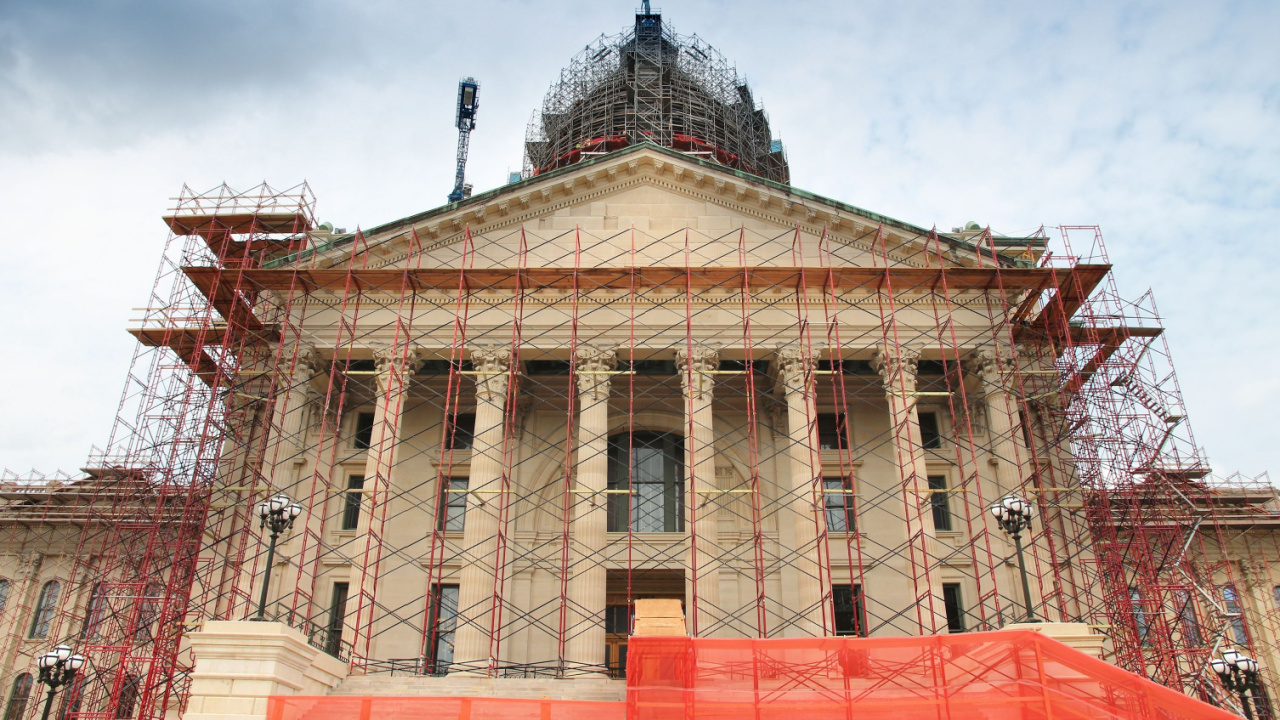
Is Marijuana on the Construction Jobsite Okay Now?
It borders on cliché to say that drugs—or workers under their influence—have no place on a construction site. The most recent study by the National Drug-Free Workplace Alliance indicates that 11.6% of construction industry workers admit to using illicit drugs and 14.3% admit to experiencing a substance use disorder within the past year. These rates have increased as marijuana usage has become legal for both medicinal and recreational purposes in multiple states. And there can be no denying that working on a jobsite while impaired, whether legally or not, contributes to increased accident rates and the seriousness of those accidents.
So where does this leave a contractor working in a state where marijuana use is legal? Or where it may become legal soon? Under federal law, marijuana remains illegal. Thus, it is critical for employers to evaluate the law in their state and determine how they will address marijuana in the workplace.
One important thing to determine is whether a company is required under federal law to screen for illegal drugs. Even if the state where the company is located has legalized marijuana, it remains a violation of federal law. The Drug Free Workplace Act of 1988 requires federal contractors to take a number of actions intended to prevent drug abuse in the workplace, though the act is silent on the subject of drug testing.
It is also imperative that employers evaluate legal marijuana use under laws that provide protections to disabled employees, such as the federal Americans With Disabilities Act and similar state laws that require employers to provide reasonable accommodations to disabled employees so they can perform the essential functions of their job. In addition, the Family and Medical Leave Act and certain comparable state laws require that employers provide employees with serious health conditions up to 12 weeks of time off for medical treatment.
Further, the outcomes could be different under state and federal law for the same issues. For example, in a state where marijuana use is legal for medical purposes, terminating an employee for said marijuana use could violate relevant state laws, but not necessarily relevant federal laws.
For example, assume an employee fails a drug test for marijuana but has been prescribed the marijuana for a serious medical condition. Also assume that the employee claims that he only uses the marijuana as prescribed and on non-work time. In this circumstance, if the employer has a zero-tolerance policy, it would normally terminate the employee in accordance with the drug policy. However, with the expanding legalization of marijuana, depending on the law in that state, termination of an employee in accordance with an established zero-tolerance drug policy could constitute disability discrimination. In addition, even though federal laws such as the ADA and FMLA do not currently require an employer to accommodate an employee who uses medical marijuana, it is possible that the case law will evolve in the upcoming years to protect the legal use of marijuana. The uncertainty in the law right now as it relates to disability discrimination and legalized marijuana will most definitely spawn litigation around the country. Indeed, there have been numerous cases already filed based on an employer’s enforcement of a zero-tolerance drug policy.
When these cases first began, it appeared that courts would favor an employer’s right to terminate an employee for the use of marijuana. For example, in Roe v. Teletech Customer Care Mgmt., the Washington Court of Appeals found that the Washington state law does not require an employer to accommodate medical marijuana use, whether it occurs on the job or at home. The Montana Supreme Court in Johnson v. Columbia Falls Aluminum Co. and the California Supreme Court in Ross v. RagingWire Telecommunications, Inc., similarly held that employers were not required to accommodate marijuana use.
However, the more recent decisions have been more employee-friendly. In the most recently decided case, Wild v. Carriage Funeral Holdings, Inc., et al., the employee, Justin Wild, claimed his employer discriminated against him based on his disability after he was terminated for using marijuana. The employer learned about Mr. Wild’s marijuana use after he was in a car accident at work and informed hospital personnel that he used medical marijuana as part of his cancer treatment. The New Jersey state trial court initially dismissed Mr. Wild’s claim, finding that New Jersey’s state law, the Compassionate Use Act, did not require an employer to accommodate medical marijuana use. However, on March 27, 2019, the New Jersey appellate court disagreed and reinstated Mr. Wild’s case, explaining that “because the Compassionate Use Act declared it should not be construed to ‘require’ an accommodation does not mean such a requirement might not be imposed by other legislation.”
The uncertainty regarding an employer’s right to enforce a zero-tolerance drug policy will undoubtedly remain in flux as state and federal courts analyze whether the laws protecting disabled employees also protect employees using medical or recreational marijuana. Because the law will constantly develop throughout the next several years, employers who are confronted with issues involving their zero-tolerance drug policy should seek guidance from a qualified attorney or human resources professional.
Finally, the shifting legal environment surrounding marijuana usage means that over the course of a large construction project, regulations that were in place at the beginning could change. Under these circumstances, both the contractor and its subcontractors need to be careful before taking an adverse employment action against an employee who tests positive for the legal use of marijuana.
Related stories








